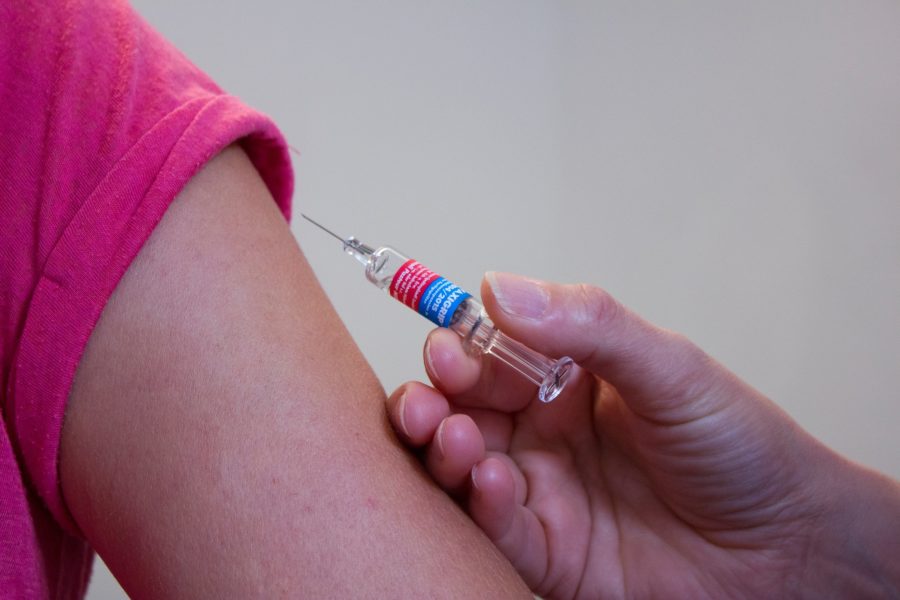With the recent rollouts of the first available vaccines, one of the questions we have heard a lot of lately is: Can my employer require me to get the COVID-19 vaccine?
Late last month, the Equal Employment Opportunity Commission (“EEOC”) released updated guidance on the rights and responsibilities of employers and employees related to the COVID-19 vaccine. You might remember this publication from our previous post a few months ago sharing some initial COVID-19 guidance from the EEOC.
The EEOC added a section to its publication, “What You Should Know About COVID-19 and the ADA, the Rehabilitation Act, and other EEO Laws“, which focuses on COVID-19 vaccinations and the legal requirements of Title VII of the Civil Rights Act of 1964 and the Americans with Disabilities Act. According to guidelines set forth by the Americans with Disabilities Act (“ADA”), an employer may not inquire about an employee’s health status or any health impairments by requiring a medical examination. The EEOC’s recent guidance, however, states that the administration of the COVID-19 vaccine does not constitute a medical examination. Okay, so what exactly does that mean for a layperson? In a nutshell, this means that according to the EEOC employers may require that their employees get the COVID-19 vaccine. There are however, some exceptions.
What if I have a medical condition that prevents me from getting the COVID-19 vaccine?
Under the ADA, you have the right to request an accommodation from your employer. If your job is such that working remotely is feasible and does not place an undue hardship (significant difficulty or expense) on the employer, an accommodation of working from home could be an option. When you provide proof of your disability, your employer is required by law to work with you to try to find a reasonable accommodation. If there are no reasonable accommodations that can be made, there is a chance that your employer could be within their rights to exclude you from the workplace.
What if my religious beliefs prevent me from getting the vaccine?
Under Title VII, an individual may request an exemption if taking a vaccine violates their religious beliefs, practice or observance. As long as it does not place undue hardship on your employer, they must work with you on a reasonable accommodation. Your employer is allowed to ask for additional supporting information if they have an objective basis to question that your religious beliefs are strongly held.
The vaccine was rolled out so quickly, that I’m not sure I want to take it until there’s more data on any long term effects. Can I be fired for refusing to get the vaccination?
If you do not have a disability or strongly held religious belief that would prevent you from getting the vaccine, your employer could have the right to terminate you if you are an “at-will” employee. Whether or not employers will go that far remains to be seen. It is likely that it will depend on the nature of the work and the workplace. There has been some talk of offering incentives for employees who receive a vaccination. Since it looks like it might be a few months before the COVID-19 vaccine becomes widely available to the public, employers have some time to decide what their plan will be.
Conclusion
With the EEOC’s latest update regarding the COVID-19 vaccine, it looks like we have a tentative answer that yes, employers will be allowed to require the COVID-19 vaccine. However, there are some exceptions as described above. We think that the important thing to remember in all of this craziness is that we are all in this together. As always, if you have any questions, we are here to help! Stay safe and be well.



